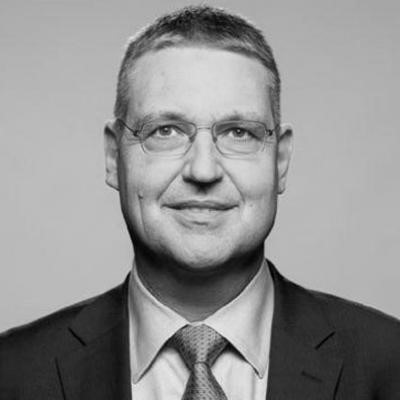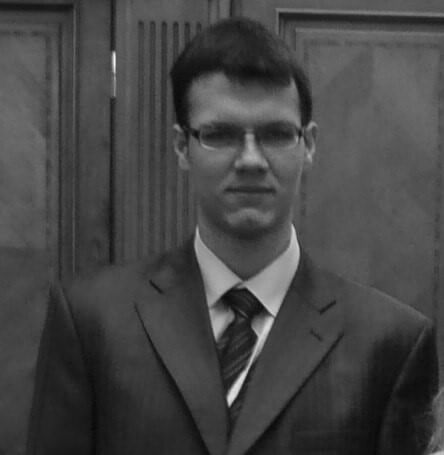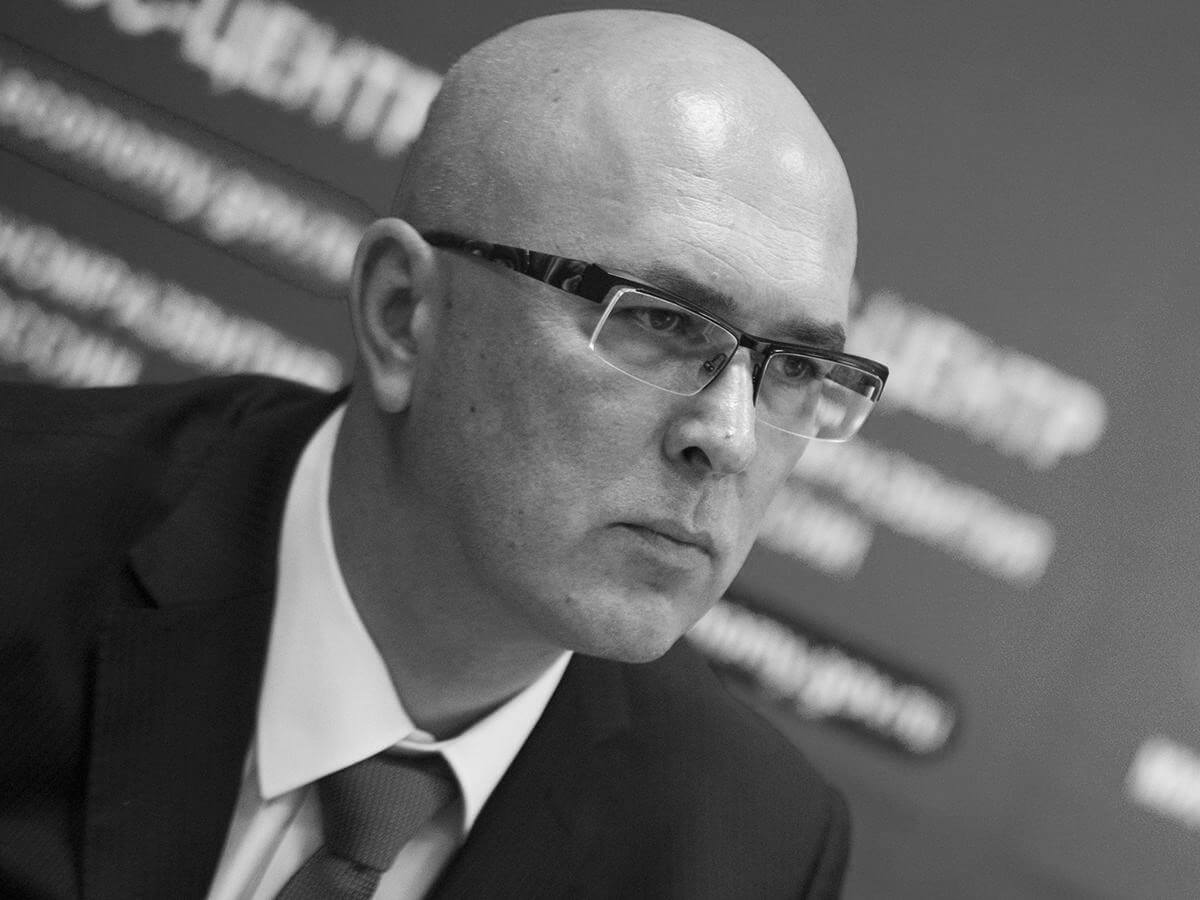Past Event
Russian economy at the crossroads: how to boost long-term growth?
Russia’s convergence to advanced economy income levels has stalled. Long-term growth prospects are still obstructed by sluggish productivity growth, low capital accumulation and shrinking labour inputs. The new government has articulated a set of ambitious policy objectives for the next six years. But are additional reforms necessary to further boost productivity and investments in line with government targets?
After rapid growth fuelled by high oil prices, Russia’s convergence to advanced economy income levels has stalled before 2014, with recent growth prospects falling far behind other emerging markets. The 2014 crisis led to a significant revamp of macroeconomic policies but the long-term growth prospects are still obstructed by sluggish productivity growth, low capital accumulation and shrinking labour inputs. Progress with diversification of the economy away from oil and gas has been limited so far and tailwinds from sizeable currency depreciation have waned. The economy is still highly reliant on extractive industries and long-standing structural challenges (poor business environment, low private investment, ageing labour force, labour market rigidities, increasing role of state ownership) continue to impede long-term growth potential.
Russian authorities are aware of the challenge of sub-optimal long-term growth and its’ impact on disposable incomes and, in the medium-to-long term, social stability. The new government has articulated a set of ambitious policy objectives for the next six years. These include raising GDP growth above the global average and cutting poverty in half by 2025. Investment should increase to 25% of GDP, from 21–22% now. To achieve these objectives, public spending on infrastructure, health, and education would increase, and the state’s footprint in the economy would fall, particularly in the banking sector. However, additional reforms that would support the development of the private sector and increase private spending might be necessary to further boost productivity and investments in line with government targets.
This is the second in a series of two seminars co-organised by Bruegel and the Delegation of the European Union to Russia, with the support of the EU-Russia Expert Network on Foreign Policy (EUREN), and it is funded by the European Union.
Schedule
13:45-14:15
Check in and welcome coffee
14:15-14:30
Welcome/Opening remarks
Markus Ederer, Ambassador of the European Union to Russia
14:30-15:00
Keynote speech: Russia’s growth challenge. Policy options and scenarios
Alexander Morozov, Director of Research and Forecasting, Central Bank of Russia
15:00-16:15
Session I: Factors determining Russia’s long-term growth rate
Alexander Daniltsev, Director of Institute of Trade Policy, Higher School of Economics (HSE)
Alexey Vedev, Head of Center of Structural Research, Institute for Applied Economic Studies, RANEPA
Until 2008 Russia has experienced rapid economic growth based largely on substantial improvements in productivity supported by high oil prices. It helped to accelerate convergence toward the income and productivity levels of advanced countries. However, productivity growth has stalled in recent years amid falling oil prices, difficult geopolitical situation and limited growth in the non-energy tradable sector. Russia also faces demographic barrier (shrinking working-age population and population aging). Re-acceleration of productivity growth, besides higher capital accumulation, is necessary to boost long-term growth to the levels targeted by the government.
Presentation
Marek Dabrowski, Non-Resident Fellow
Discussion
Chair: Elena Flores, Deputy Director-General, European Commission, DG ECFIN
Alexey Vedev, Head of Center of Structural Research, Institute for Applied Economic Studies, RANEPA
16:15-16:30
Coffee and tea break
16:30-17:45
Session II: Investments: public or private?
Alexander Larionov, Department Head and Associate Professor, Higher School of Economics (HSE)
Yaroslav Lissovolik, Program Director of the Valdai International Discussion Club and a senior managing director with Sberbank
Dmitry Polevoy, Chief Economist, Russian Direct Investment Fund
The investment rate in Russia oscillates between 22 and 25% in the recent decade which is comparable to many other emerging-market economies at similar stage of development. However, effectiveness of investment is declining, especially in the public sector. Insufficient private sector investment activity, especially in the sector of small and medium-size enterprises, signals various structural and institutional problems in the economy contributing to weak investment climate. Net foreign direct investments (which might bring new technologies and know-how and better linked Russia economy to the global value chains) are small as compared to other emerging-market economies. Large size of the country and existing transport bottlenecks increase significantly economic costs and hamper smooth reallocation of factors of production. Recent announcements of significant public investment to boost infrastructure and human capital should help to address these gaps.
Presentation
Niclas Poitiers, Research Fellow
Discussion
Chair: Olga Butorina, Doctor of Economics, Professor, Head of the European Integration Department, Advisor to the Director of the MGIMO University of the Russian Foreign Ministry, and a member of the Board of Advisors of Russia in Global Affairs
17:45-18:00
Closing remarks
Markus Ederer, Ambassador of the European Union to Russia
18:00
End
Speakers

Marek Dabrowski
Non-Resident Fellow

Markus Ederer
Ambassador of the European Union to Russia

Elena Flores
Deputy Director-General, European Commission, DG ECFIN

Alexander Larionov
Department Head and Associate Professor, Higher School of Economics (HSE)

Dmitry Polevoy
Chief Economist, Russian Direct Investment Fund

Niclas Poitiers
Research Fellow

Alexey Vedev
Head of Center of Structural Research, Institute for Applied Economic Studies, RANEPA
Location & Contact
Katja Knezevic
[email protected]











